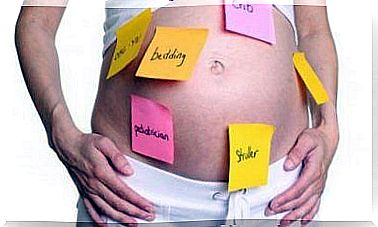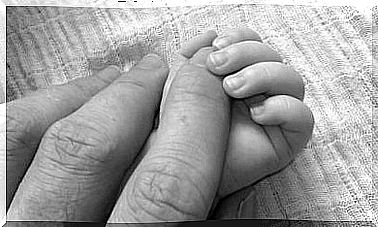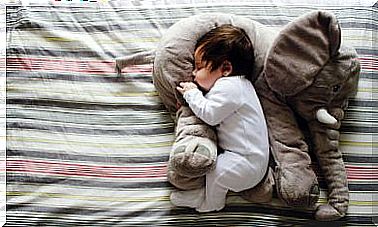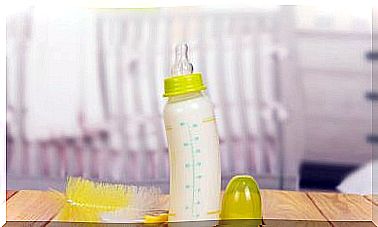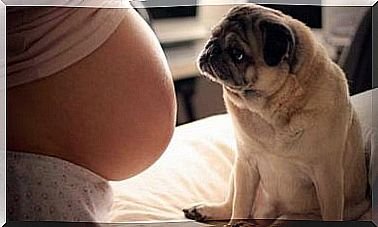Do You Know How Women’s Biological Clocks Work?
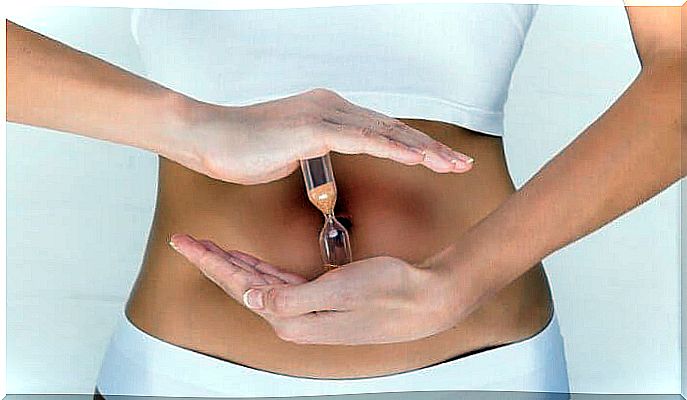
The most common myth regarding women’s biological clocks is the desire to have children that begins to manifest as they grow older. However, there is no evidence to suggest that a woman is born with an inherent obligation to have children, nor is there a biological impulse that promotes this “baby fever”.
Anyway, the biological clock of women determines that fertility decreases from the age of 35 and that the chances of conception decrease throughout adulthood.
This is because the number of eggs and their quality decrease as they age, which is why they will not remain fertile all the time.
However, there are many centers, aimed at women who are unable to have children, that offer treatments to fight infertility and achieve the desired pregnancy.
Women’s biological clock
The first thing you should know is that a woman’s productive life begins with her first menstrual cycle, usually around age 12, and lasts until her last menstrual cycle, roughly four decades later.
A set of circumstances causes a woman’s fertility to start declining at age 20 and deteriorate significantly after age 35.
Thus, the chances of getting pregnant naturally or through assisted reproduction technologies that use their own eggs is significantly lower for women between 30 and 40 years of age.
However, as we will see later, it is necessary to take into account the factors that influence the expansion of women’s biological clock.

Relationship between age and fertility
The truth is that fertility in women is undoubtedly affected by age. After puberty, female fertility increases. But later, with advancing age, there is a greater risk that a woman will no longer be able to have children.
Generally, a woman follows this timeline with regard to age and fertility:
- Peaks in early to mid-20s, then slowly subside.
- It drops most dramatically around age 35.
- Interruption of menstrual cycles or menopause usually happens between 40 and 50 years of age.
- Menopause marks the end of fertility, although age-related infertility can occur before that date.
Therefore, women who are 35 years of age or older should know that age has a lot to do with fertility.
In fact, the odds of having a child gradually start to decline around the age of 20 and drop sharply from the age of 40 onwards. Of course, there are some factors that also influence a woman’s fertility.
Factors Influencing Women’s Biological Clocks
A woman’s health before pregnancy affects both the possibilities of having children and the chances of having a healthy pregnancy. Smoking, moderate or excessive alcohol consumption and weight problems decrease the chances of fertility.
In addition, other diseases such as hypertension or diabetes, both more common as a woman ages, also affect the chances of having a successful pregnancy. In addition, family history must be taken into account.

Genetic inheritance greatly influences the age at which a woman will stop releasing eggs and consequently no longer have menstrual cycles.
In addition, the couple’s overall health also influences the chances of getting pregnant. In fact, it is even possible to prolong the fertile period by modifying the health risks that can be controlled.
Finally, we want to remember that for sure the hypothesis or myth that the biological clock is a chronometer, created by the body that forces a woman to have children before the age of 35, is just one way society understands motherhood and the fertility of women.
You shouldn’t be under any pressure for not being a mother sooner than expected. In addition, the current trend is to have pregnancies at an older age.
Motherhood among women over 40 years of age is on the rise, possibly because of the emergence of infertility treatments that help defeat nature.
